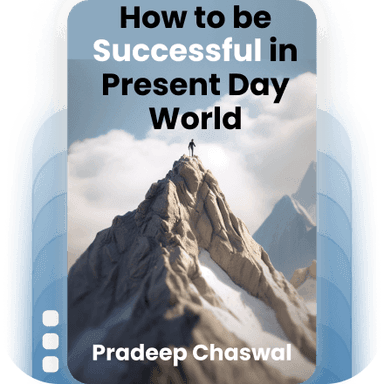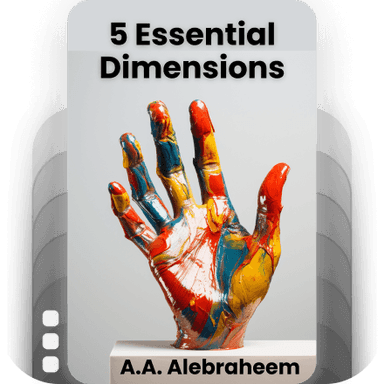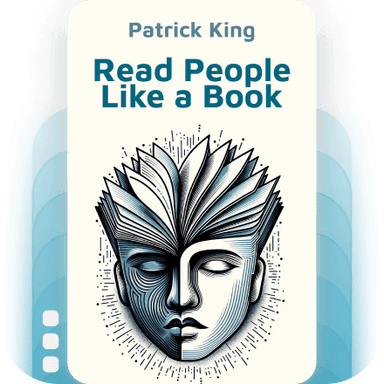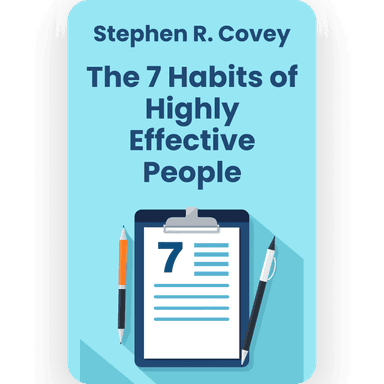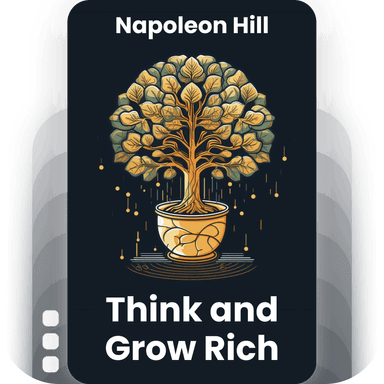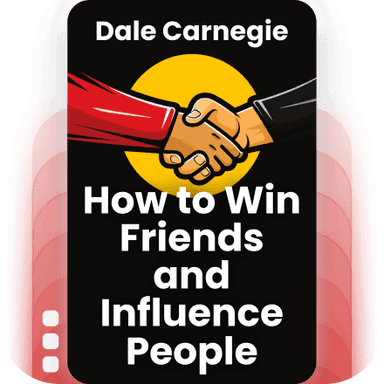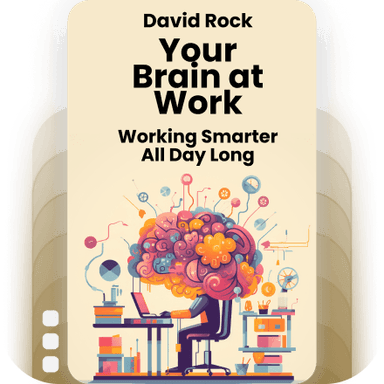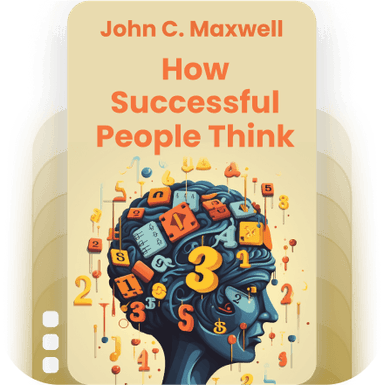
Range: How Generalists Triumph in a Specialized World
David Epstein
4.5 - 5 ratings
10
List Points
10
Chapters
5
Topics
Description
David Epstein's work explores the counterintuitive idea that in a world often obsessed with specialization, generalists—those individuals who cultivate a broad range of skills and experiences—are more likely to excel. Drawing on a diverse array of case studies from sports, science, and beyond, Epstein argues that early specialization is less advantageous than a breadth of experience. He emphasizes that those who experiment widely and delay their choices until they've sampled many activities are better positioned for innovation and success. The book challenges conventional wisdom and offers compelling evidence that breadth, rather than narrow focus, leads to superior performance and solves complex problems more effectively.
What will you learn?
By reading this book, you will gain a comprehensive understanding of why cultivating a broad range of interests and skills often leads to greater success and innovation than a narrow focus on specialization. David Epstein challenges the conventional wisdom that early specialization is the key to success, using diverse examples from sports, music, science, and other fields to illustrate how generalists are more adaptable, creative, and capable of making connections across disciplines. This approach equips readers with insights on the cognitive, developmental, and practical benefits of a diverse skill set, encouraging a more flexible, exploratory approach to personal and professional growth.
Who’s it for?
• Professionals considering a career change
• Parents seeking to guide their children's education
• Students uncertain about their future career path
• Business leaders and managers
• Lifelong learners looking to expand their skill set
Categories
Key Learning
Available chapters to listen for this topic- 1
Embrace the Power of Breadth and Experimentation
Discover how a broad range of experiences and skills, along with a willingness to experiment, fuels creativity and innovation across various fields. - 2
The Benefits of Late Specialization
Learn why delaying specialization can lead to greater success and adaptability, using examples from sports, arts, and professions requiring complex problem-solving. - 3
Learning Through Analogies and Wicked Environments
Understand how drawing connections between seemingly unrelated domains and thriving in unpredictable, complex environments sharpen problem-solving abilities. - 4
Diverse Experiences as a Catalyst for Innovation
Explore how exposure to diverse fields and disciplines can lead to unique insights and groundbreaking solutions that specialized expertise might overlook. - 5
Deliberate Practice versus Lifelong Learning
Contrast the effectiveness of deliberate practice in highly structured environments (kind versus wicked learning environments) with the benefits of lifelong learning and flexibility. - 6
Fostering Creativity with a Proliferation of Ideas
Investigate how generating a wide array of concepts, even those that initially seem impractical, can cultivate creativity and lead to innovative breakthroughs. - 7
Adaptability through Mental Models and Transfer Learning
Examine the importance of developing multiple mental models and the ability to transfer knowledge across domains to adapt to new and unforeseen challenges. - 8
The Role of Grit and Perserverance in Generalists
Delve into how generalists employ grit and perseverance differently than specialists to navigate and excel in a variety of fields over time. - 9
Overcoming the Drawbacks of Early Specialization
Study the potential pitfalls of early specialization, such as burnout and limited problem-solving skills, and how a more generalist approach can mitigate these risks. - 10
Implementing a Blended Learning Approach
Learn practical strategies for combining formal education with self-directed exploration and cross-disciplinary learning to maximize personal and professional growth.
